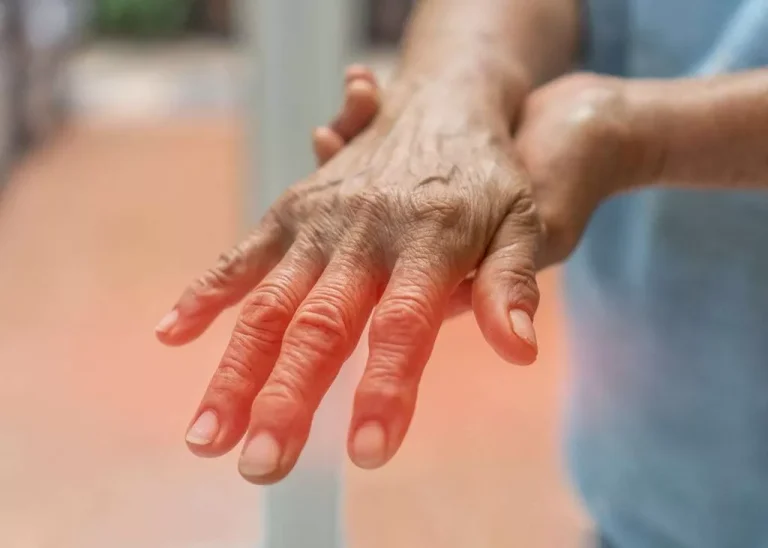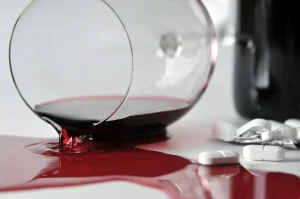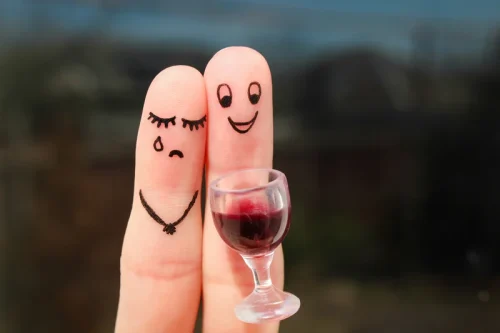It may seem like you’ll always feel this way, but research shows that shame diminishes during the treatment process. It means you will feel a hell of a lot better once you take that first step in accessing help. It evolves throughout our lives—a cumulation https://ecosoberhouse.com/ of thoughts, feelings, and behaviors. With these experiences, we are labeled, stereotyped and stigmatized. It’s not about having done something wrong (that’s guilt), no, shame arises from the core belief that you are simply not good enough.
Apologise to anyone you have harmed
By learning how to observe your thoughts without judgment and focusing on your core values instead of past mistakes, you could experience a greater sense of emotional resilience and wellbeing. Interestingly, DBT was initially developed by psychologist Marsha Linehan for treating individuals with borderline personality disorder who often struggle with intense feelings of shame and guilt. However, its effectiveness for addressing various mental health issues has led to its widespread use today. Dialectical Behavioral Therapy (DBT) has emerged as a promising therapeutic approach for addressing shame and guilt in addiction recovery.
Overcoming Shame and Guilt in Recovery and Strategies for Self-Forgiveness and Healing
Self-Compassion and Self-Care Practices are essential tools that help individuals cope with shame and guilt during addiction recovery. These practices allow individuals to embrace self-love, kindness, and care while addressing negative emotions like shame and guilt. Shame and guilt can be powerful emotions that can lead to negative self-talk and self-deprecation, and self-compassion is a way to treat oneself with kindness and understanding. This practice involves acknowledging mistakes and perceived failures instead of denying or hiding them. Through self-compassion, individuals can begin to let go of their shame and guilt and move towards self-forgiveness and healing. Healing is a journey that often involves deep emotional and spiritual introspection.
Dialectical Behavioral Therapy (DBT) for Shame and Guilt
On a journey of healing, whether it is physical, emotional, or spiritual, shame and guilt can act as significant obstacles. They prevent us from seeking the help we need, expressing our true feelings, or taking the steps necessary to move forward. Shame and guilt create a sense of isolation, making us feel as though we are alone in our struggles and unworthy of support. In order to make a full addiction recovery, you need to be honest about your past to the people trying to help you. This includes any healthcare professionals, therapists, and close friends or family.
- Clinically, Warren has developed a therapeutic skillset that utilizes a strengths-based perspective, Twelve Step philosophies, Cognitive Behavioral Therapy and Motivational Interviewing.
- When situations arise and you are unsurewhat the correct thing to do is, consult your value system and act within theseguidelines.
- Not your best friends, your favorite aunt, or even your most loved celebrity.
- I will think of others’ feelings and howthey will be affected by my actions.
Steps 8 and 9 focus on making amends and asking for forgiveness from yourself and others. Identify specific situations, thoughts, or memories that trigger feelings of guilt and shame. Individuals may hold deep-seated beliefs that they are fundamentally flawed or unworthy, leading to pervasive feelings of shame and self-criticism. Many individuals in recovery also experience guilt and shame related to the impact of their behavior on their loved ones. Social support has been found to be a crucial element of successful addiction recovery.
Steer in the direction of the place where that enduring shame is released, and you reach self-acceptance. I discovered that shame was one of four main barriers to entering treatment, with 75% of participants identifying shame and stigma as a primary roadblock to treatment. Dwelling on the past will only keep you depressed and unableto enjoy your present life. Sherry Gaba, LCSW, is a licensed psychotherapist/author specializing in addictions, codependency, and underlying issues such as depression, trauma, and anxiety. Be kind and understanding to yourself, as you would to a friend facing similar challenges.
Q: Can professional counseling help with addressing shame and guilt during addiction recovery?
It is not a voice that condemns or punishes but one that invites us to grow, learn, and heal. When we align ourselves with this voice, we can begin to see ourselves as God sees us — as beings of infinite worth, deserving of love and grace. He interviews people within psychology, mental health, and well-being on his YouTube channel, The DRH Show. Adi Jaffe, Ph.D., is a lecturer at UCLA and the CEO of IGNTD, an online company that produces podcasts and educational programs on mental health and addiction. In my IGNTD Recovery program, I see many people who experience shame because of their past failures.
Accessing Additional Forms of Professional and Peer Support.
It is not about the act of doing something wrong; it is the way we perceive the action and how our feelings and thoughts about the action reinforce feelings of inadequacy or inferiority. Researchers are looking into the possibility that low levels of serotonin can lead to low self-esteem and submissive behaviors like shame. Furthermore, some people are more sensitive to the criticism guilt and shame in recovery they receive, which leads them to feel rejected and unworthy. Reflect on how past experiences can inform your recovery journey and empower you to make healthier choices. Understanding your triggers can help you develop coping strategies to manage these emotions. Overcoming these emotions and learning from the relapse is crucial for maintaining motivation and resilience in recovery.
- However, this evolutionary mechanism can become problematic when it leads individuals to feel ashamed for seeking help or vulnerability.
- Along the road to recovery, you may grapple with overwhelming feelings of shame and guilt.
- We start clients with cognitive behavioral therapy (CBT) and other evidence-based techniques to begin the healing process.
- While guilt and shame are very similar emotions, there are differences between the two, and being able to recognize the differences is vital to your recovery efforts.
- Recent analyses tried to clarify the relationship of guilt-proneness and shame-proneness to substance use disorders (SUDs).
- Individuals who feel unworthy of help or even to ask for help don’t usually seek professional treatment on their own.
Plus, now that you are sober, you will have a lifetime to make up for any wrongdoings. If you follow the 12-Step program, you will be given plenty of opportunities to work through shame and guilt. Step 4 helps you come to terms with past actions that may have hurt others.







